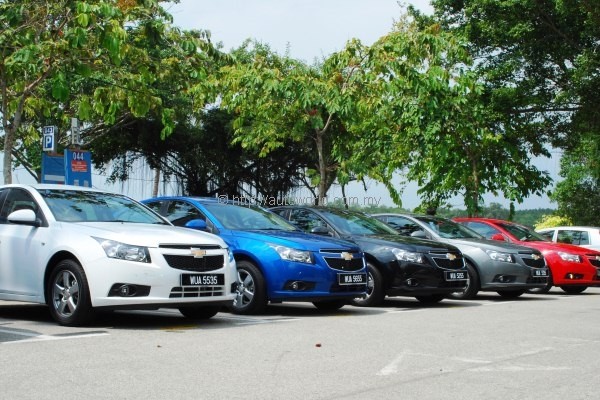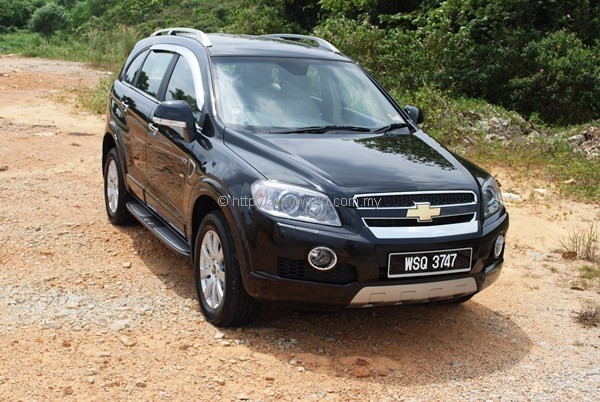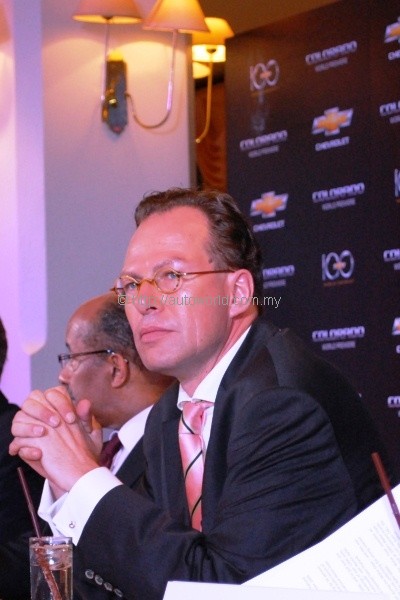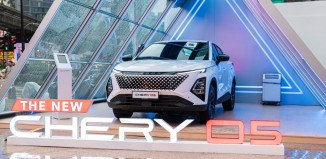Chevrolet aim to tackle poor resale value
One crucial factor of a brand’s success or failure in the Malaysian motoring scene is its resale value. This is especially true if your products are aimed at the middle class for whom a car is the second biggest expenditure of their lives. There are a number of good cars on sale that are not finding buyers simply because they also lose their value faster than they can complete the century sprint.
The problem with resale value is that, unlike maintenance costs, it is something completely out of the manufacturer’s control. You can’t fix the second hand value of a car like you would with the price of an oil filter or a spark plug. Resale value is driven by external forces, and cannot be fixed overnight. Many distributors have tried, with varying degrees of success, the method of using their own used car programmes to help maintain the second hand value of their vehicles.
The idea behind such a concept is that after a certain number of years, should the owner decide to sell his or her car and upgrade to the latest model, the distributor will offer to take the old car back as a trade-in at a certain guaranteed sum. When taken back, the old car is then refurbished and sold as a certified used car with a limited warranty thrown in for peace of mind.
At the Bangkok Motor Show earlier this year, General Motors South East Asia President Martin Apfel indicated to us that such a programme was being studied for implementation in Malaysia for the Chevrolet brand, which is currently seeing limited success in our shores.
According to Apfel, the “Chevy Certified Used Car” programme has already seen success in Thailand with more than 30 outlets participating in the scheme. Describing the programme to us at Bangkok, Apfel said, “What the program does is that it allows dealers to take in used cars, any brands but largely Chevrolet, and then to sell on the car after it has gone through our battery of checks. This in turn has helped to lift the resale value of the vehicles because it gives people the confidence that there will be a buyer for their car when they want to sell it and the dealer is interested in taking it in, because for him it’s good business and we’ve got the data for that. We’re even looking at expanding the business to 60 outlets by the end of the year.”
Discussing the programme’s planned implementation in Malaysia, Apfel said, “There will be around 10 outlets in Malaysia by the end of this year. We know it works but we need to pace it as it’s a special facility and therefore requires a bit of work, as we need to train the staff. You don’t want to be the used-car salesman from around the corner as there is a specific service and a specific guarantee we give on the car that is sold out of the ‘Chevy Certified Used Car’ program. That, in turn, will give customers more confidence in the resale value.”
Another aspect that GM is looking at to raise Chevy’s acceptance amongst Malaysians is the price of spare parts, which tie in directly to long term cost of ownership. According to Apfel, GM aims to keep the costs of owning a Chevy at competitive and predictable levels. Contrary to public perception that Chevrolet parts are expensive, Apfel claims that the company’s own observations suggest that fast-moving Chevrolet parts are in fact priced competitively against the competition, although it’s uncertain GM’s definition of competitive matches the consumer’s viewpoint.



























